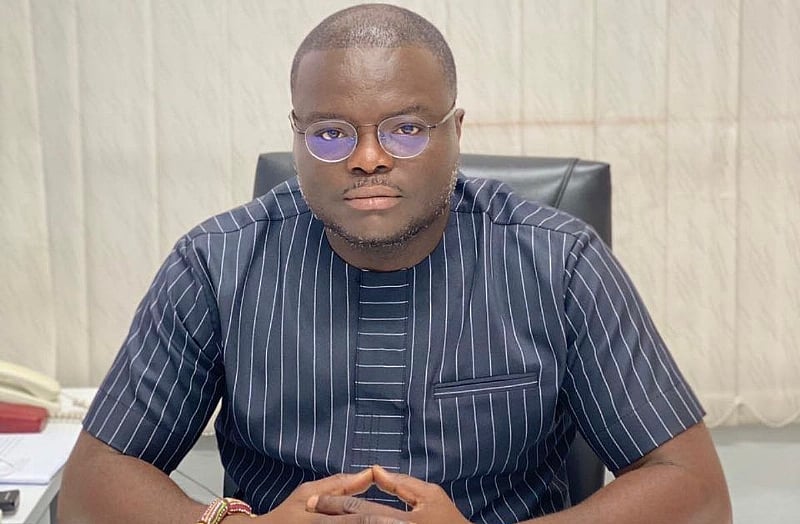The return of Vice President Naana Jane Opoku-Agyemang from a two-month medical stay in the United Kingdom has sparked controversy, with critics questioning the use of a private jet for her return trip. Kwame Owusu Danso, an independent vice-presidential candidate and husband of the Vice President’s Press Secretary, has vehemently defended her mode of transport, dismissing the criticisms as baseless and fueled by political opportunism. The controversy centers around allegations made by Old Tafo MP, Vincent Ekow Assafuah, who claimed the chartered flight incurred a cost of over $170,000 to the Ghanaian government, a figure deemed extravagant given the country’s current economic challenges. Danso argues that the Vice President’s position warrants appropriate travel arrangements and questions the validity of the accusations regarding the funding source.
Danso challenges the premise of the criticism, highlighting the lack of concrete evidence that taxpayers footed the bill for the private jet. He points to the Vice President’s acknowledgment of businessman Ibrahim Mahama, who owns a private jet and provided support during her time in the UK, suggesting a possible alternative source of the flight arrangements. Furthermore, Danso contends that the focus on the Vice President’s travel is hypocritical, given alleged past instances of extravagant spending by members of the previous NPP government on frivolous trips using chartered flights. This comparison aims to frame the current controversy as a politically motivated attack rather than a genuine concern for fiscal responsibility.
The core of Danso’s argument revolves around the status and security of the Vice President. He posits that the Vice President, as the second-highest-ranking official in the country, deserves appropriate travel arrangements befitting her office, particularly after a period of medical leave. He satirically questions whether critics expected her to return via public transportation, emphasizing the absurdity of such an expectation for a dignitary of her stature. This line of reasoning underscores the importance of providing secure and convenient travel options for high-ranking officials to ensure their safety and facilitate the efficient execution of their duties.
Danso’s defense also includes accusations of hypocrisy against members of the previous NPP government. He alleges that during their tenure, government officials frequently used chartered flights for non-essential purposes, such as attending sporting events or even making quick trips abroad for personal errands. He contrasts these alleged instances of frivolous spending with the Vice President’s necessary medical travel, implying a double standard in the criticism directed towards her. By highlighting these alleged past actions, Danso seeks to deflect criticism and portray the current controversy as a politically motivated attack rather than a genuine concern for responsible spending.
The controversy surrounding the Vice President’s use of a private jet touches upon broader issues of public perception, government accountability, and the appropriate use of public funds. While critics emphasize the need for fiscal prudence, especially in times of economic hardship, proponents argue for the necessity of ensuring the safety and efficient travel of high-ranking officials. The debate also raises questions about the transparency of government spending and the need for clear communication regarding the use of public resources. Balancing the need for cost-effectiveness with the security and logistical requirements of high-office holders remains a complex challenge.
This incident serves as a reminder of the ongoing scrutiny placed upon public officials and the importance of maintaining public trust through transparency and accountability. The use of public funds, particularly for travel arrangements, is a sensitive issue, and the perception of extravagance can easily erode public confidence. The debate surrounding the Vice President’s return flight highlights the need for clear guidelines and communication regarding the use of public resources for official travel, ensuring both responsible spending and the necessary security and convenience for those holding high office. The differing perspectives on this issue underscore the ongoing tension between fiscal responsibility and the practicalities of governance.


